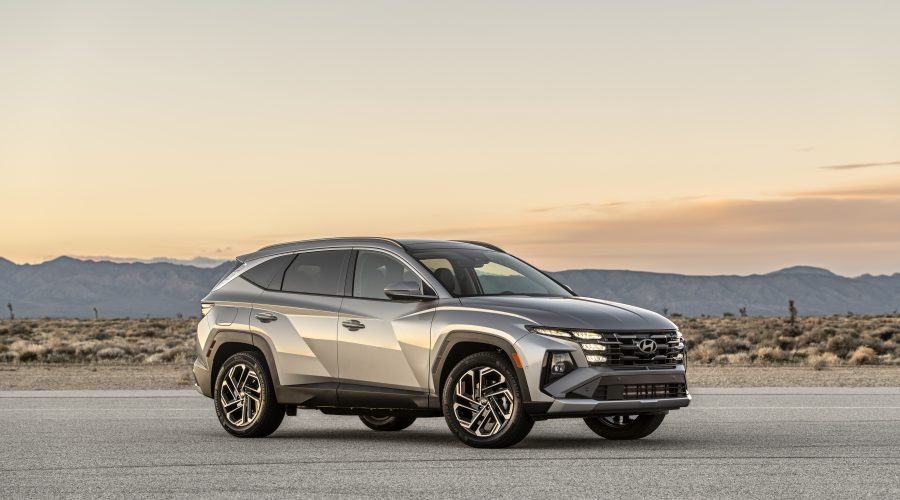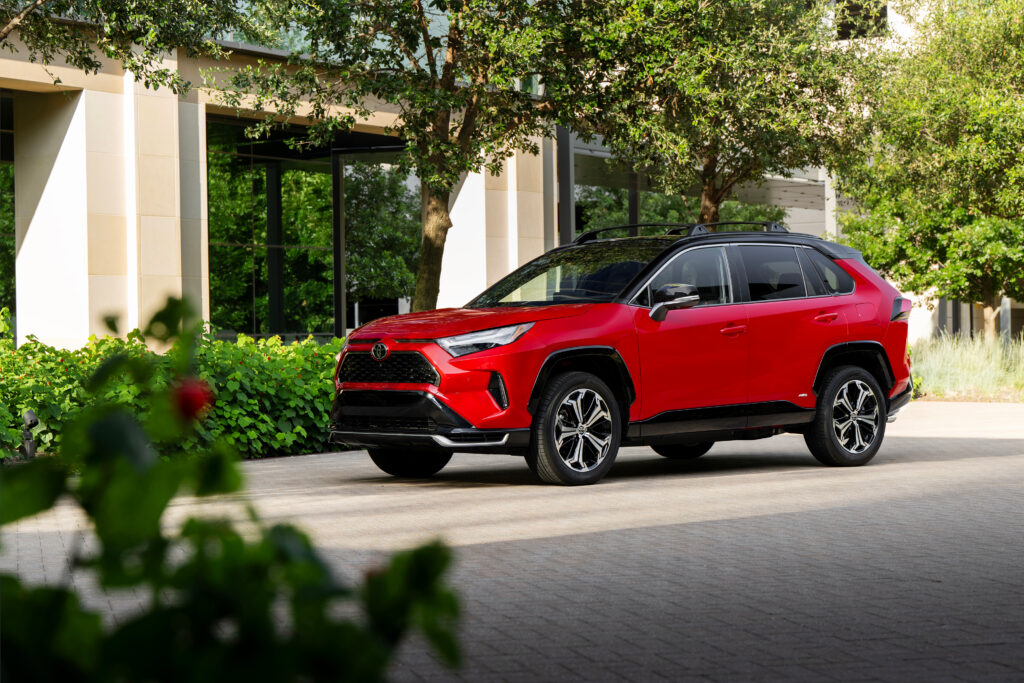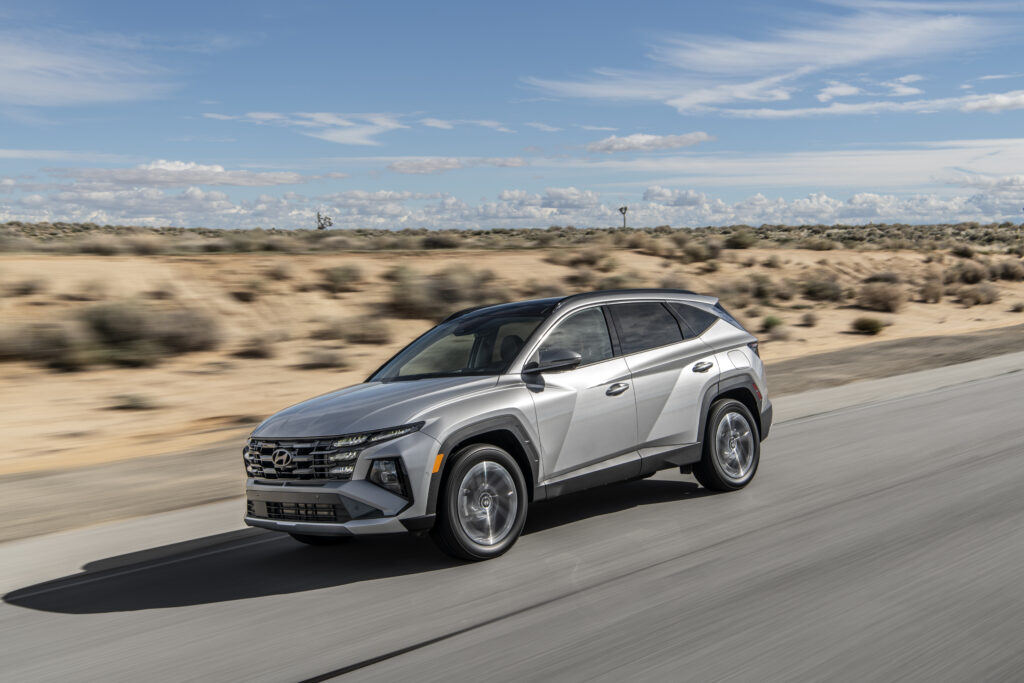Plug-in hybrid electric vehicles (PHEVs) are a misunderstood yet brilliant solution to reducing emissions in urban areas while addressing real-world challenges. Unlike fully electric vehicles (EVs) which rely entirely on large batteries, PHEVs combine a smaller rechargeable battery with an internal combustion engine (ICE). This hybrid system offers a balanced approach: zero-emission electric driving for short trips and the reliability of an ICE for longer journeys.
For Canadians, this flexibility is perfectly aligned with daily life. The average commute distance in Canada is approximately 20 kilometers each way—well within the electric range of most PHEVs, such as the Toyota RAV4 Prime or Hyundai Tucson PHEV, which offer 40–70 kms of electric range. This means many drivers can complete their workday commutes and errands without burning a drop of fuel. With gasoline prices averaging $1.50 per liter, PHEV drivers could save hundreds of dollars annually by relying on electric power for most of their daily trips. For example, a typical PHEV using electricity for 80% of its kilometers could save $800–$1,200 per year compared to a traditional ICE vehicle, depending on fuel consumption rates.
The environmental and financial benefits of PHEVs are equally compelling. PHEVs reduce grid dependency compared to EVs. While EVs place enormous demand on Canada’s aging electrical grid, which needs billions in upgrades to accommodate mass EV adoption, PHEVs charge on smaller batteries overnight using standard outlets. This avoids peak-hour grid strain and helps balance energy demand. Additionally, the smaller battery sizes in PHEVs have a lower environmental impact during production and recycling, requiring fewer raw materials like lithium and cobalt. a typical EV battery can weigh over 500 kilograms, whereas a PHEV battery is significantly lighter, reducing both manufacturing emissions and end-of-life waste.
PHEVs also stand out in terms of reliability. Should the electric system encounter an issue, most PHEVs seamlessly switch to their gasoline engine, ensuring the vehicle remains operational. This dual-power capability is a lifesaver in harsh winter conditions or remote areas with limited charging stations, offering peace of mind that fully electric vehicles often can’t provide.
Beyond individual benefits, PHEVs play a crucial role in preserving well-paying jobs in the automotive parts and repair sector. The Canadian automotive aftermarket industry employs over 500,000 workers with many roles depending on the continued production and maintenance of ICE components like engines, exhaust systems, and fuel systems.
Fully electric vehicles, while innovative, threaten to disrupt these supply chains, potentially leading to job losses and economic instability. PHEVs offer a balanced solution, allowing traditional manufacturers and repair shops to adapt gradually while keeping jobs secure. This ensures that highly skilled mechanics, parts suppliers, and production workers continue to thrive as the industry transitions toward sustainability.
In urban areas where air pollution and traffic congestion are critical issues, PHEVs provide an immediate and effective solution. By reducing emissions during stop-and-go traffic and minimizing reliance on fossil fuels, they significantly improve air quality. At the same time, they protect drivers from being forced into EV-only options, allowing a smoother, more affordable transition to sustainable transportation.
Plug-in hybrids are the middle ground we need. They align with Canada’s sustainability goals, cater to the average driver’s needs, and safeguard economic and environmental interests. For Canadians looking to make a meaningful impact on emissions while saving money, protecting jobs and maintaining convenience, PHEVs are the smart, sustainable choice.
Jon Toker is an accomplished automotive leader with over 14 years of experience in dealership management, sales strategies and operational excellence. As a former consultant for Honda Canada, he guided 39 dealerships across Ontario to achieve significant improvements in sales and efficiency.
Notably, Jon led Fredericton Hyundai to become the top-performing dealership in Atlantic Canada, earning recognition as an ‘Auto Remarketing Canada Under 40 Honoree’ in 2019. Currently, as Director of Operations for Novair Heat Pumps Inc., he combines his expertise in leadership and strategy to drive sustainable innovation in the energy sector.








